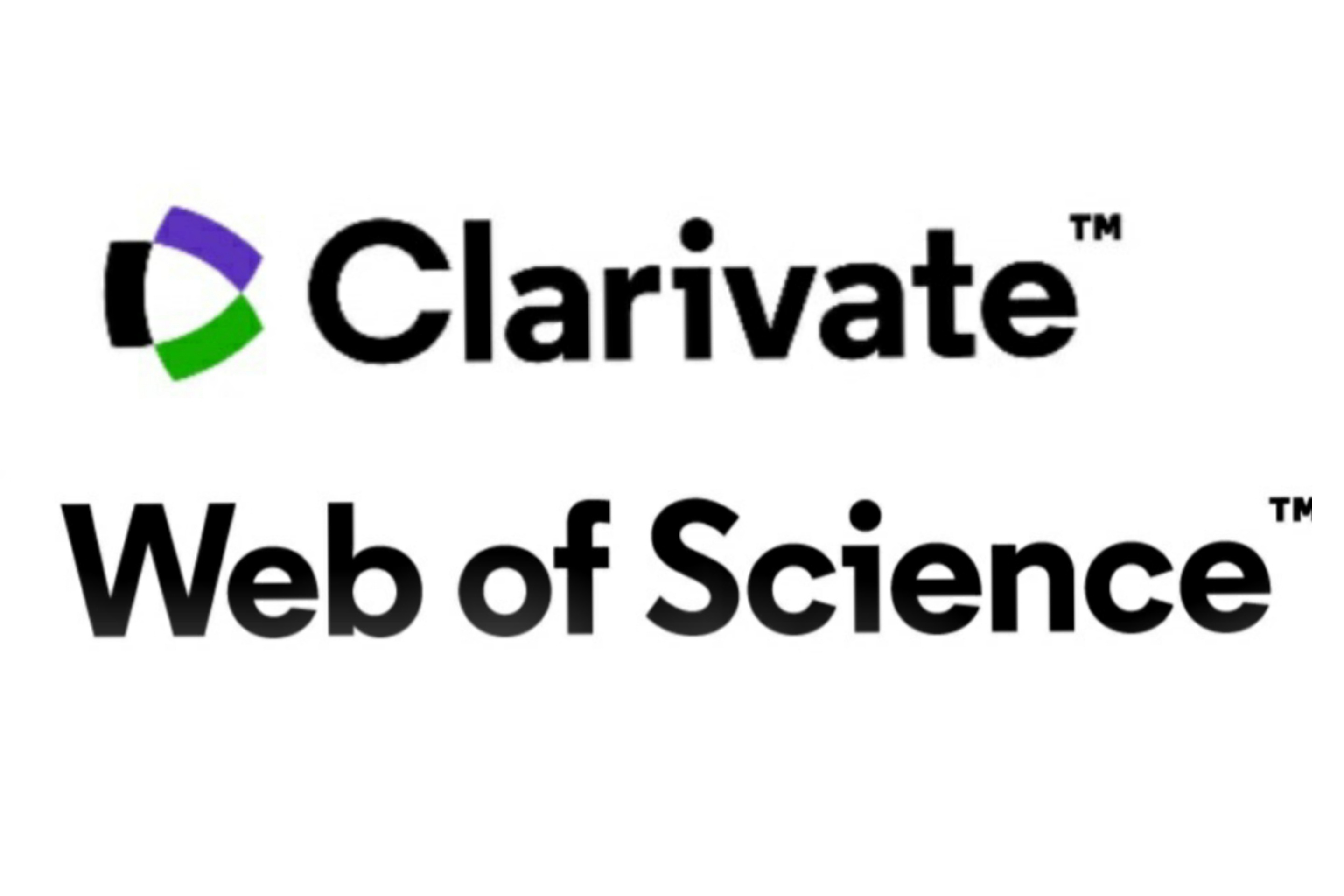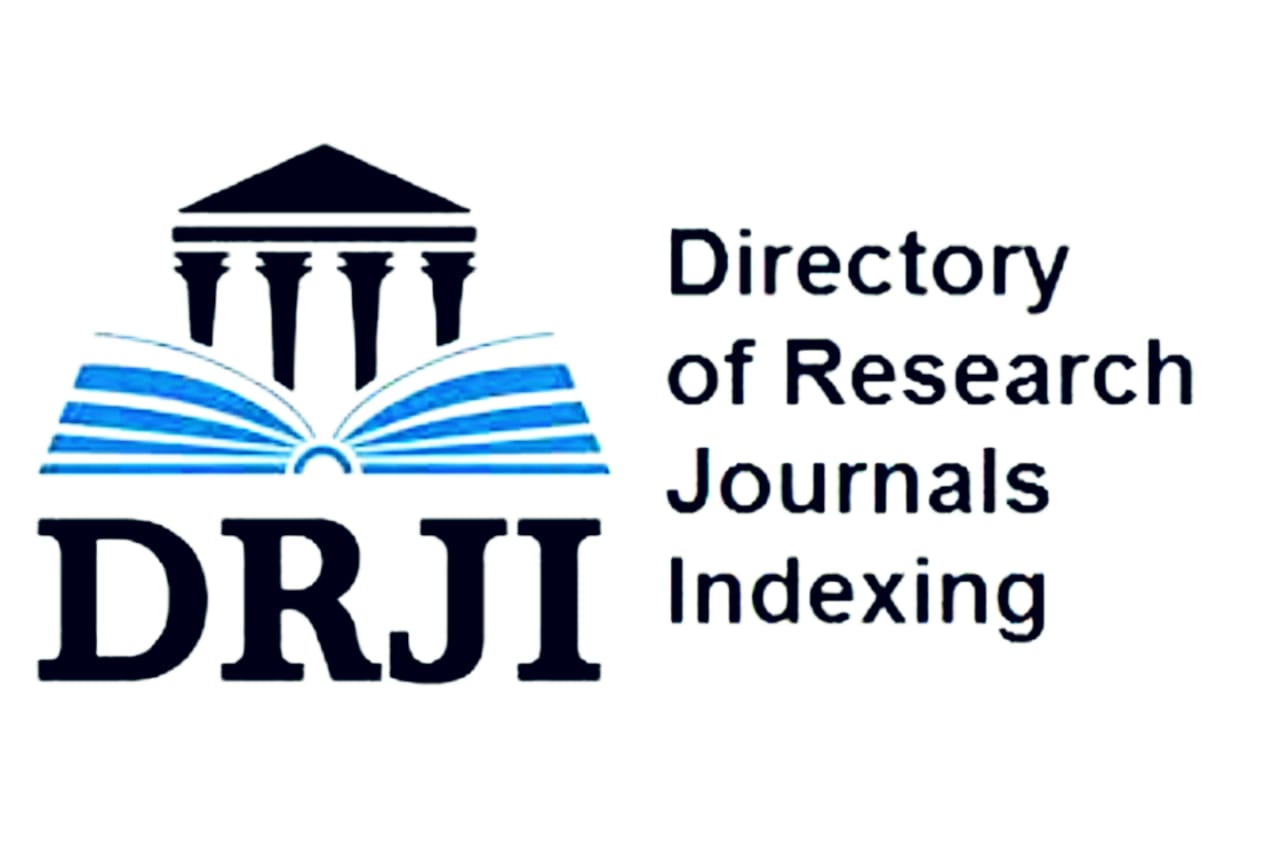Application of a zebrafish embryo toxicity assay for the study of surface water toxicity in the Lower Ile river
DOI:
https://doi.org/10.26577/ijbch-2018-2-346Abstract
The quality of surface waters of Lower Ile river, Kapchagay and Kutry reservoirs was assessed in zebrafish (Danio rerio) embriotoxicity test. The test was performed according to OECD guideline test No. 236, the exposure period was 5-72 h post fertilization, direct mutagen methylmethanesulfonate (MMS) was used as positive control to assess test system response. The standard visual mortality criteria of the test were applied for evaluation of possible lethal or teratogenic effect of surface waters. Exposure to MMS in concentration of 3.4 mg/L resulted in coagulation of 33.3% of embryos (p≤0.01) and almost 90%
(p≤0.01) of survived embryos displayed various kinds of malformations to 72 hours post fertilization, which indicates test system susceptibility to the mutagens. It was established that none of surface water samples possess significant embryo toxic effects but all induce the spectrum of malformations related to
axial skeleton (scoliosis, end tail malformation), water/salt balance and chorion permeability (oedema) and growth patterns (growth retardation) in different incidences. The lowest rate of teratogenicity was observed in embryos incubated in samples from Kapchagay bay (28.2%, p≤0.05) and Ile river at Bakanas region (site 2, 27.2%, p≤0.05). The teratogenic effect of water samples from Kurty reservoir and Ile river (site 1) was commensurable – 33.3% (p≤0.05) and 36.0% (p≤0.01) respectively. Among all tested sites only the samples of surface waters form Kurty pond produced multiple phenotypic effects in zebrafish Danio rerio
embryos congruous to MMS exposure and especially, relatively high level of growth retardation, proposing the presence of disrupting or alkylating compounds in surface water samples.
Downloads
How to Cite
Issue
Section
License
ааа

















